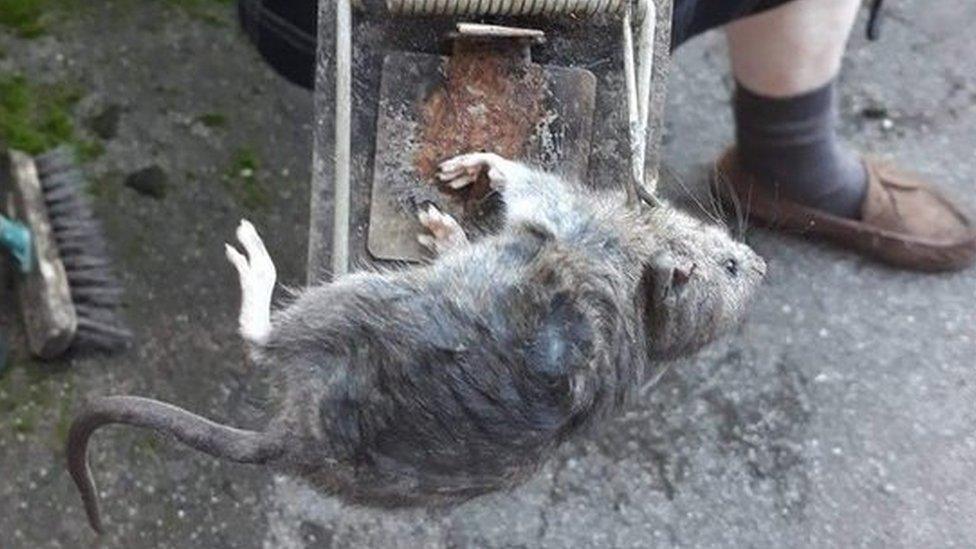Wildlife feeding ban imposed at Redcar park after reports of rats
- Published
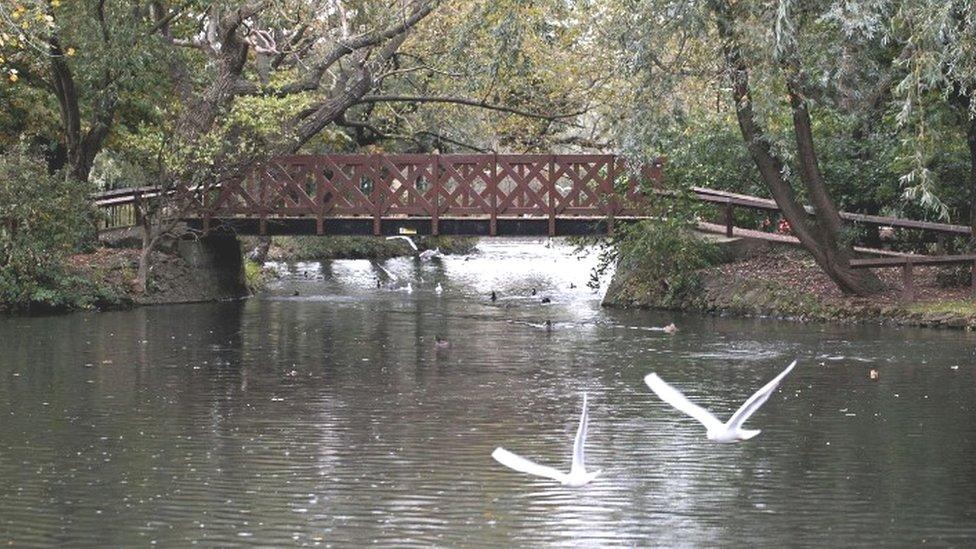
Warm weather many have contributed to the growth in the rat population, the council said
Visitors to a Teesside park are being urged not to feed the wildlife after reports of large numbers of rats.
Redcar and Cleveland Council said it was consulting animal welfare groups in a bid to deal with the problem at Locke Park in Redcar "humanely".
In the meantime the authority urged visitors to refrain from feeding the park's ducks, geese and swans.
A spokesman for the authority said the "unusually warm weather" may have encouraged the rat population to grow.
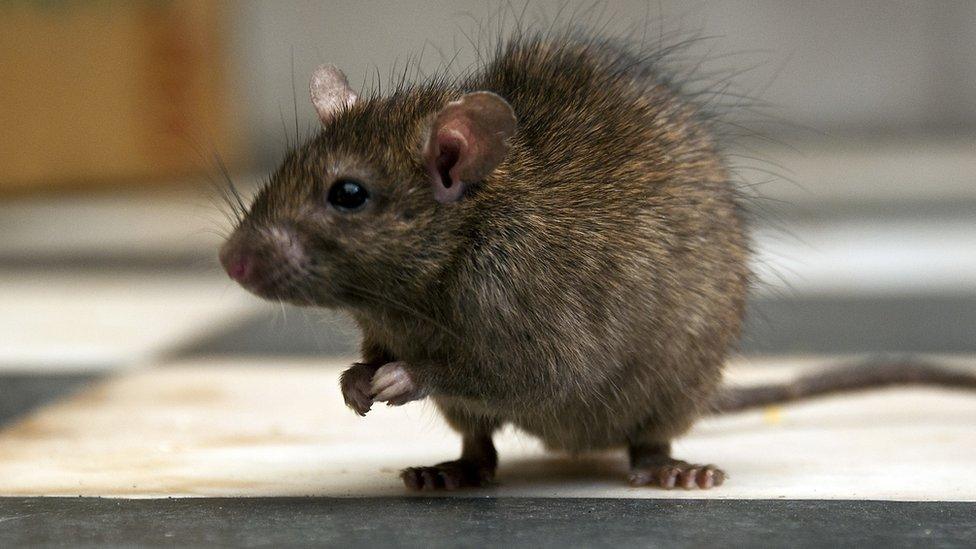
Warm weather many have contributed to the growth in the rat population, the council said
He also said that poisons would not be used to deal with the problem to protect the safety of the public and other wildlife.
The RSPCA said the best way to control rat populations was to stop leaving food outside.
It also said planting natural rodent repellents such as hyacinths, alliums and daffodils can also help control the problem.
'Humane deterrence'
"Our dedicated pest control officers work hard to protect public and wildlife and that does involve making sure the rat population is under control," a spokesman for the council said.
"Poisons are not used in public areas, like parks, to prevent any harm to park users and other wildlife and alternative methods are being used.
"The council is open to discussions with animal welfare groups about effective, humane methods."
He added that the council now planned to erect signs in the park to ask visitors to stop feeding the wildlife.
An RSPCA spokesperson said: "We strongly urge people to consider humane deterrence over the lethal control of wild rats.
"Whether wild, domestic, in laboratories or farmed for use in the pet food industry, all rats are sentient animals, have the same needs and can experience the same amount of suffering."

Follow BBC North East & Cumbria on X (formerly Twitter), external, Facebook, external and Instagram, external. Send your story ideas to northeastandcumbria@bbc.co.uk, external.
- Published2 January 2020
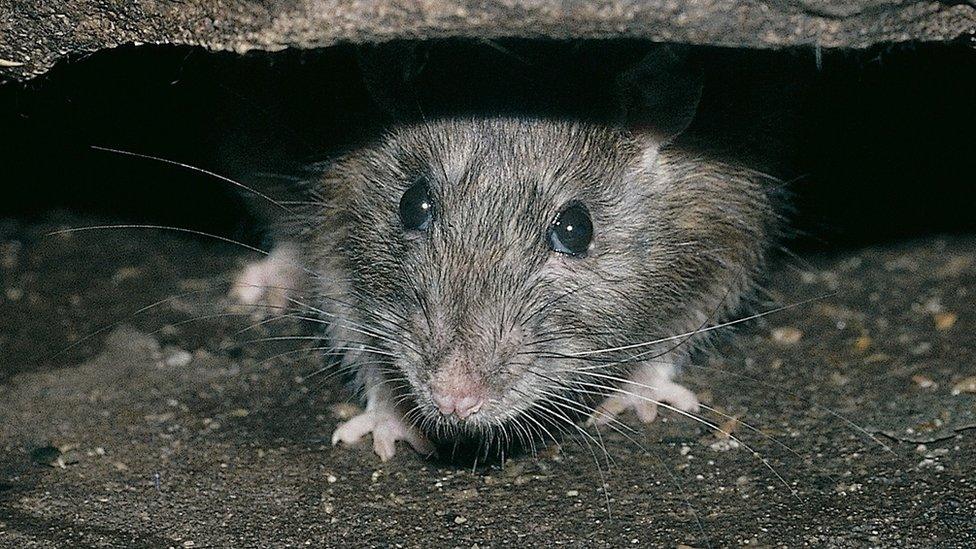
- Published13 October 2020
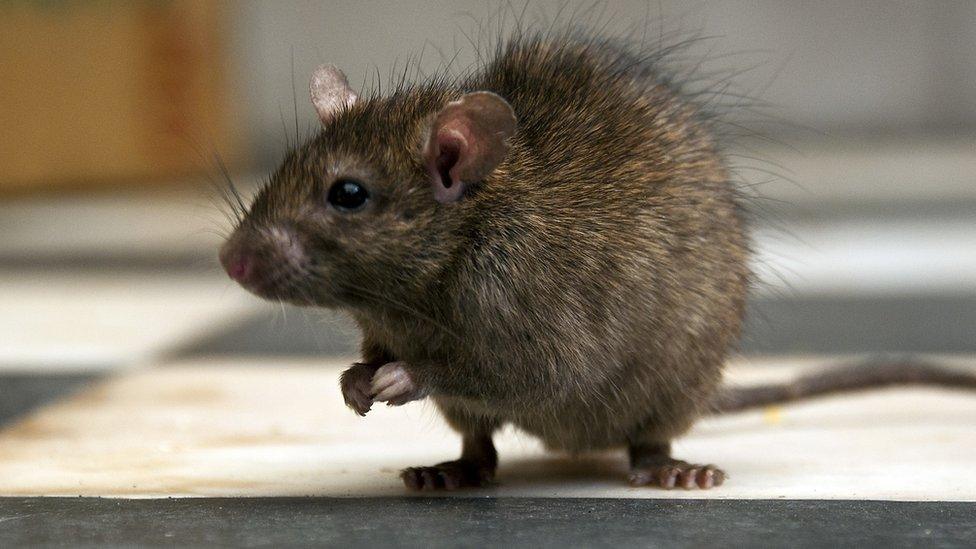
- Published23 October 2019
